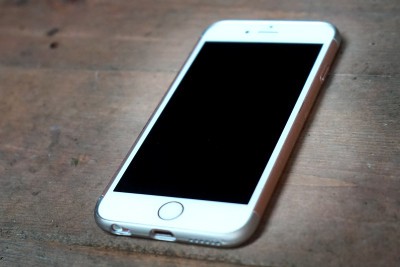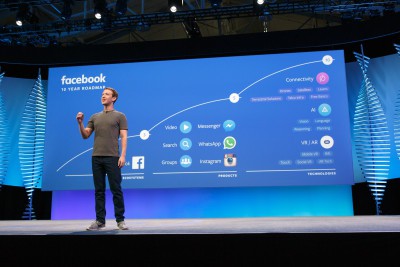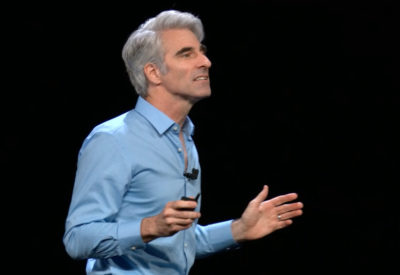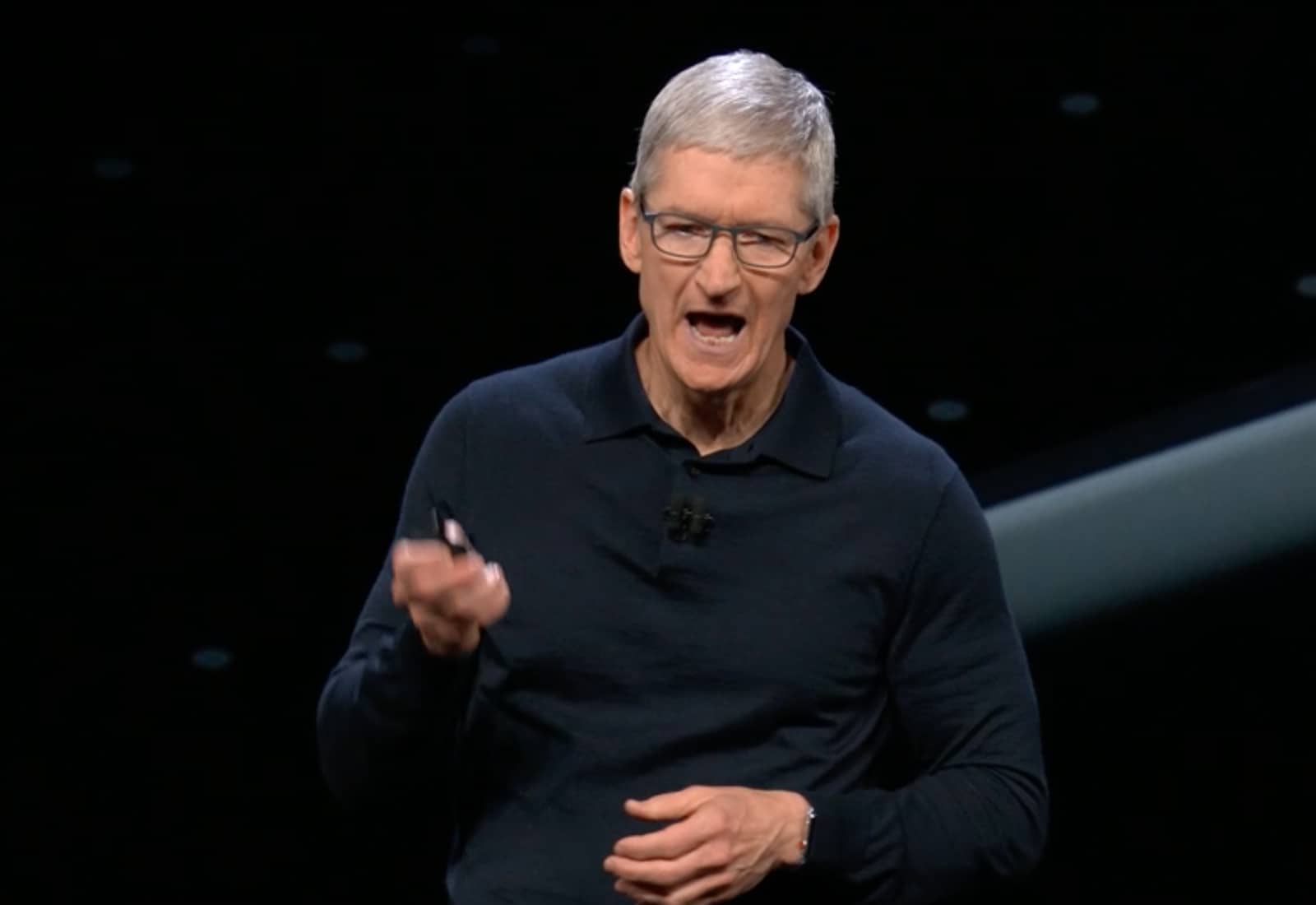 After a particularly rough patch for the tech industry, Apple used yesterday’s WWDC keynote to atone for some of Silicon Valley’s biggest sins. The company showcased key features in its upcoming operating systems that reinforce the fact that it thinks different about how technology should work.
After a particularly rough patch for the tech industry, Apple used yesterday’s WWDC keynote to atone for some of Silicon Valley’s biggest sins. The company showcased key features in its upcoming operating systems that reinforce the fact that it thinks different about how technology should work.
Undoubtedly eager to position itself as one of the good guys, Apple directly responded to some of the biggest tech scandals of the past year.
Apple addresses tech’s biggest controversies
Each year, WWDC offers a stage-managed look at the future of Apple’s products and platforms. It paints a bright picture of upcoming features and shows how we will use our devices going forward.
Yesterday’s event did that — particularly with the closing sneak peek at a multiyear project to boost cohesion between Mac and iOS apps. But the WWDC 2018 keynote also seemed fixated on the past. Specifically, Apple’s response to the tech industry’s nightmares of the past year dominated the event.
WWDC resolved iPhone throttling

Photo: Ste Smith/Cult of Mac
The only tech controversy of the past year that negatively affected Apple was the company’s practice of iPhone throttling for devices with aging batteries.
In late 2017, Apple acknowledged that iOS throttled the CPU speeds on some iPhones with older batteries. Despite online conspiracy theories, Apple did not do anything particularly bad. The reality is that older lithium-ion batteries work less well. To prolong their life and avoid unexpected shutdowns, Apple released an iOS update that smoothed out the peaks and troughs. As a result, some older iPhones ran a bit more slowly.
Unfortunately Apple did not explain its actions, and its motivation, in simple, layman’s terms. A storyline took hold that fed into the perception of Apple as a greedy giant using underhanded tactics to push users to buy new devices.
Critics often use “planned obsolescence” as a stick to beat Apple. In this case, however, there was not only a smoking gun, but particularly suspect timing. That’s because the phone many people might upgrade to was the flagship iPhone X, which just so happened to be Apple’s priciest iPhone ever.
iOS 12 will make older iPhones faster
Apple did not explicitly mention the iPhone throttling controversy at WWDC. However, Cupertino unmistakably appealed to disgruntled iPhone owners when it made clear that iOS 12 will make older devices such as 2014’s iPhone 6 work better. Not only that, but iOS 12 will work on all the same devices as iOS 11. That means an extra year of life to devices that normally would have been cut off.
This year’s iPhones undoubtedly will be a mega-hit. In fact, 2018 could bring the iPhone supercycle we didn’t get in 2017. But Apple showed it is willing to sacrifice a few sales to shake off the perception that it’s pushing you to upgrade for any reason other than excitement about this year’s iPhone.
Apple attacks the evils of data mining

Photo: Facebook
With its sole sin atoned for, Apple next targeted the hot-button topic of online privacy.
While concerns about data mining have long resonated with certain tech aficionados, 2018 is the year these worries went mainstream. The Cambridge Analytica scandal highlighted the way personal data could be scraped from Facebook and used to target ads without users’ explicit consent.
The resulting media firestorm opened up a public dialogue about online trackers and the way that ostensibly “free” services like Facebook and Google make money. As I’ve argued before, Apple’s progressive view on privacy means it was set to benefit from this debate.
During the WWDC 2018 keynote, Apple hammered home the message with the introduction of new privacy-oriented tools.
“One of the reasons that people choose Apple products is because of our commitment to security and privacy,” Apple software chief Craig Federighi told the audience gathered in San Jose, California, and watching the live stream.
Apple doubles down on privacy
In the name of keeping user data private, Apple introduced greater levels of protection for iOS and macOS users. As Federighi explained, buttons like “like” and “share,” as well as comments fields, can be used to track users online.
“This year, we are shutting that down,” he said.
In upcoming versions of Apple’s operating systems, interacting with those types of buttons will trigger alerts giving users the option to keep that information private. That’s about as direct a shot as you can take at Facebook without throwing up a middle finger at Mark Zuckerberg!
Meanwhile, Apple software will stymie online “fingerprinting,” tracking methods that use things your system’s fonts and plugins to identify individual machines. Data companies will largely see all Macs as identical, which will make it harder for them to track specific users.
With these steps, Apple cemented its pro-privacy reputation, which should win it a few new friends.
Apple grapples with smartphone addiction
The final tech controversy Apple addressed was the growing concern about tech addiction, particularly the way we interact with our smartphones. Over the past 12 months, anxiety has come to a head over how we use these omnipresent devices.
Worries grew after The Atlantic published an article titled “Have Smartphones Destroyed a Generation?” The story, which presented alarming findings about teen depression and its possible links to smartphone use, went viral.
Soon, an activist investor group asked Apple to do something about the problem. Tech entrepreneurs from Napster co-founder Sean Parker to Nest CEO Tony Fadell publicly questioned the addictive nature of modern technology.
iOS 12 brings Screen Time

Photo: Apple
Apple already said it would respond to these concerns in iOS 12. However, it was good to see just how much time Apple actually spent discussing it during the keynote.
A new toolset in iOS 12, called Screen Time, will let users know precisely how long they spend using individual apps (and send them regular reports). Meanwhile, parents can set limits for their kids.
In a CNN interview aired last night, Apple CEO Tim Cook reiterated the point he made during the keynote about the importance of this issue.
“We’ve never been focused on usage as a key parameter,” Cook said. “You know, empowering people with the facts will allow them to decide themselves how they want to come back.”
WWDC 2018 for the win
It’s easy to be cynical about Apple’s intentions when it comes to issues like this. For instance, had there been no blowback against Apple for iPhone throttling, it’s unlikely the company would be rushing to say that iPhone 6 handsets will run better than ever in 2018.
But Apple took the high road nonetheless. A company that has, at times, steadfastly refused to respond to the whims of users who don’t necessarily know what they want sensed the way the wind was blowing and reacted.
That’s smart business. It’s also good business. For the past few years, Cook has been open about his mission to make Apple a “force for good” in the world. He has also been highly critical of the view that running a successful business should be all about immediate returns on investment.
The tech industry should applaud Apple for taking these steps to atone for Silicon Valley’s sins. Ultimately, Cupertino’s concrete actions will make the world a better place for everyone who uses Apple devices.


